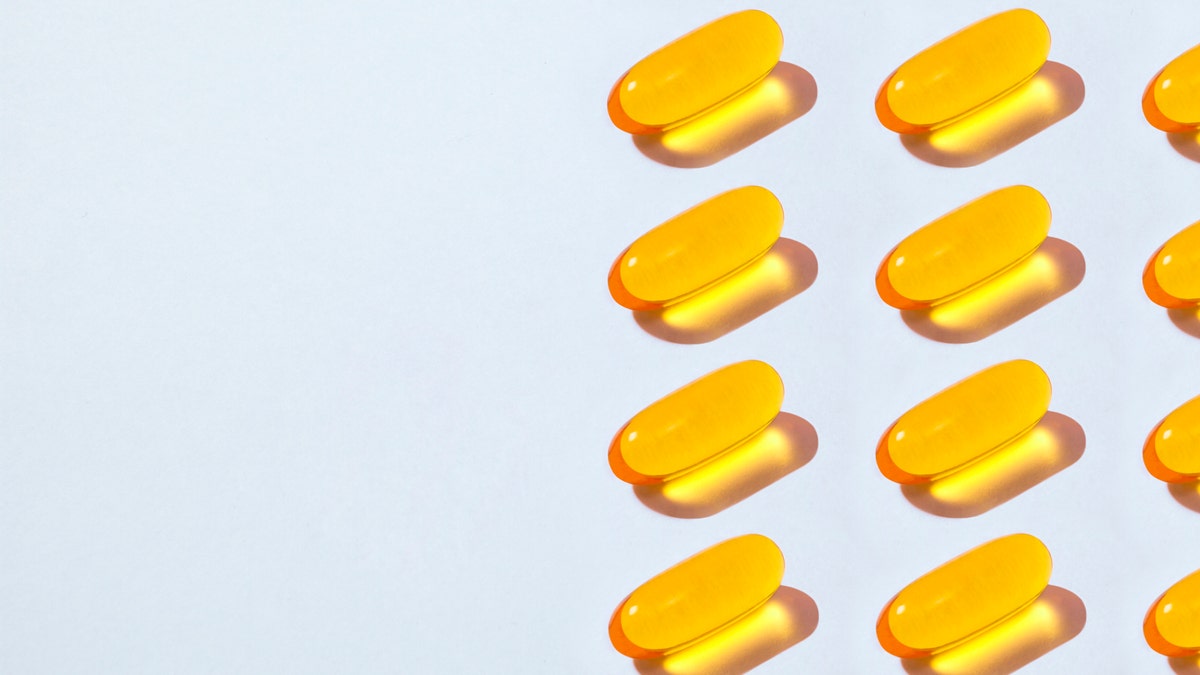Study suggest coronavirus has mutated into dozens of strains
Insight from Fox News medical contributor Dr. Marc Siegel.
Get all the latest news on coronavirus and more delivered daily to your inbox. Sign up here.
The ongoing coronavirus pandemic has some looking for ways to keep their immune systems in tip-top shape, and there’s evidence that the supplement vitamin D can help with exactly that. But should you take it? And what about its effect on COVID-19?
“It’s important to keep in mind that there are no clinical studies that show the effectiveness of vitamin D or any other supplements or vitamins to treat coronavirus,” Dr. John Whyte, the chief medical officer of the health care website WebMD, told Fox News.
MOST CHILDREN WITH CORONAVIRUS HAVE MILD SYMPTOMS, RECOVER WITHIN 2 WEEKS: STUDY
He noted there are some trials underway to study the effectiveness of vitamin D on hospitalized COVID-19 patients — like this one in Spain, for instance — but the results are pending.
Speaking to Fox News, Dr. Linda Anegawa, an internist with the virtual health platform PlushCare, referenced one study that explored vitamin D’s role in the prevention of the common cold. Researchers analyzed data from 25 clinical trials involving more than 10,000 patients.

There is no evidence to date that taking vitamin D can protect you against COVID-19. (iStock)
But, she noted, “There didn’t seem to be much risk reduction (40 percent reduction in the vitamin D group and 42 percent in the placebo group). So it certainly would be a stretch to say that vitamin D can prevent or treat COVID-19 based on the current data available.”
That aside, medical professionals already know that vitamin D helps to strengthen bones, and Anegawa noted that the supplement also “regulates cellular function throughout the body.”
“With respect to the immune system, vitamin D is known to participate in the activation of certain types of white blood cells which fight infections,” she added.
CLICK HERE FOR COMPLETE CORONAVIRUS COVERAGE
About 40 percent of Americans are vitamin D deficient, said Whyte, and with the seemingly endless stay-at-home orders in some states, he pointed out that people are staying inside more than normal (vitamin D levels can be influenced by sun exposure.)
“Given that many of us are inside, and under stay at home orders, it could be worthwhile to consider taking vitamin D supplements,” he said, adding that people who are deficient in the nutrient, as demonstrated by a lab, should “certainly” take the supplement.
The nutrient can be found in fish, such as salmon, as well as dairy products, such as milk. He recommended 600 to 800 international units of vitamin D each day, a level common in many multivitamins. But he warned against “megadoses,” as “too much is not a good thing and can cause problems.” (You can learn more about vitamin D toxicity here.)
EARLY SYMPTOM OF CORONAVIRUS MIGHT BE DIGESTIVE ISSUES: STUDY
Anegawa echoed Whyte.
“If you are vitamin D deficient, it would certainly make sense to take a supplement, but general supplementation doesn’t seem to provide an antiviral benefit to those with normal levels. If you are at risk for low vitamin D (suffering from obesity, low sunlight exposure, or have poor gut absorption of vitamins in general), consider asking your physician for testing.”









































